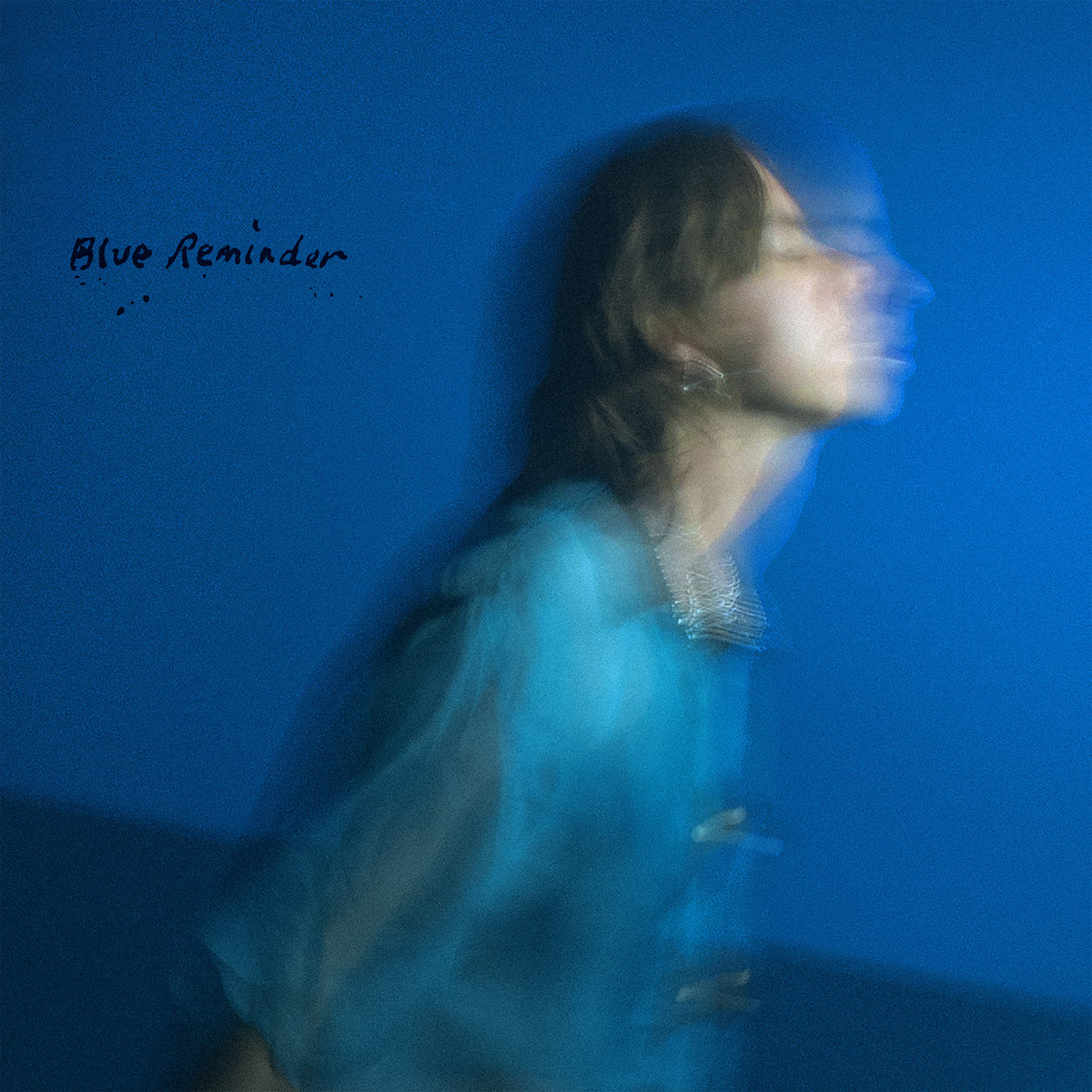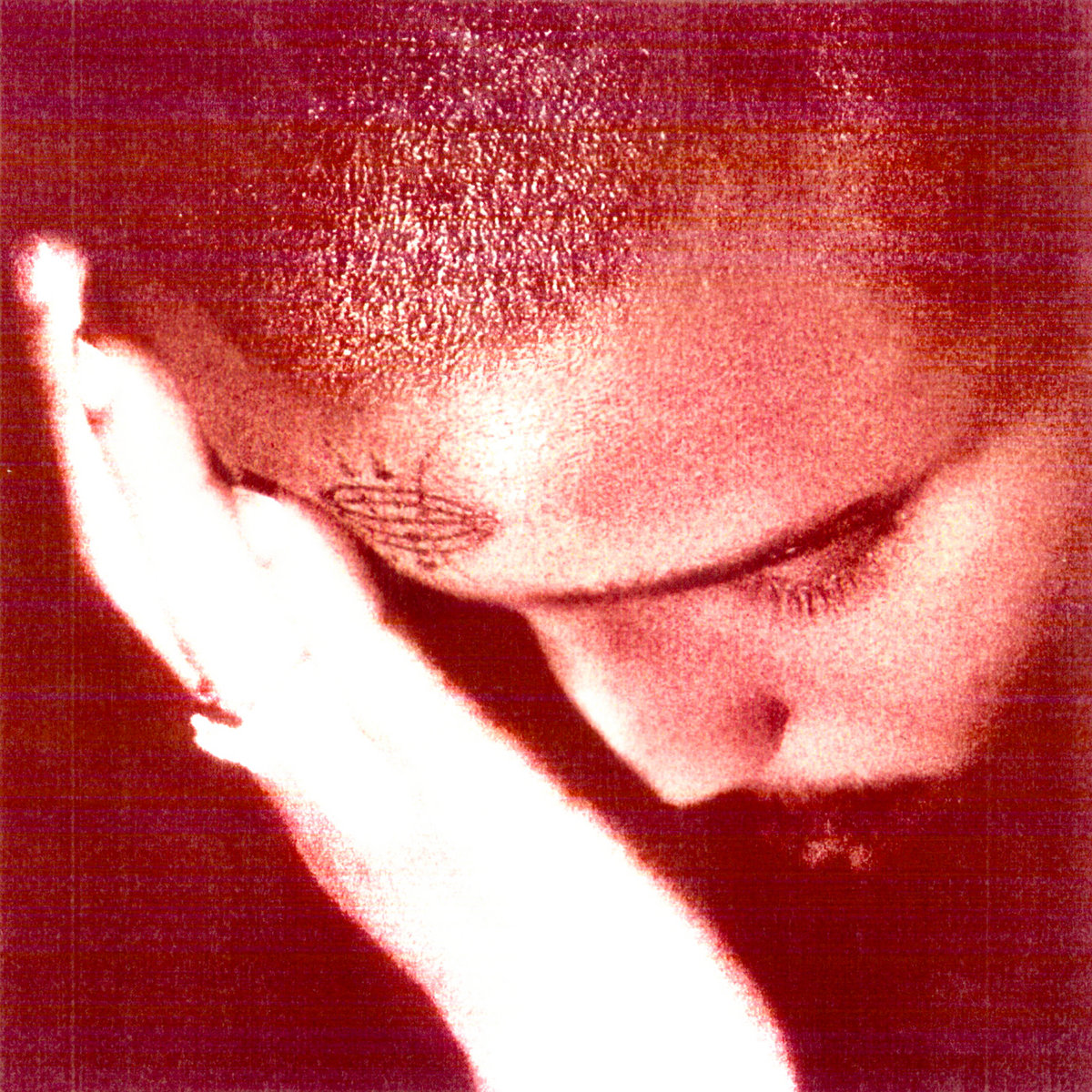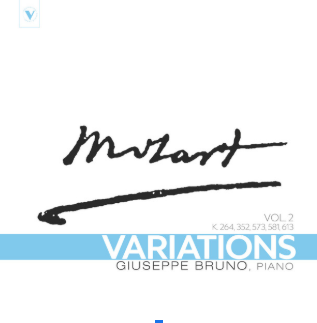Herds of regret, love and suffering, fuel of steel, a chaining path, a blind obsession; Mili, or otherwise known as Project Mili is an international indie band whose members speak multiple languages, and are known for their unique approach to music. Their album “To Kill A Living Book -For Library of Ruina” explores themes of oppression, violence, nihilism, and hope.
The band debuted in 2012 as an online band and originally consisted of only four members: Cassie Wei (Vocalist, songwriter), Yamato Kasai (Guitar, composer), Yukihito (Bassist), and Shoto Yoshida (Drums). Lastly, the newest member Ao Fujimori (Illustrator), was hired later, making the band a now five-member group.
The first song in the album starts differently from Mili’s usual forte in the electrical music genre. This time, “String Theocracy” is entirely composed of rising upswing jazz. Lines challenge moral questions, such as “How does it feel to be free?” the delightful and bright jazz alongside the velvety vocals completely immersed me in the rhythm, almost like losing touch with reality to transcend into new heights filled with spectacular musical notes and chords.
The second song begins with a soft and warm embrace, slowly letting the listeners drown into a tragic tale between two lovers. “From a Place of Love” envelopes us with a soft yet sharp, memorable xylophone that loops our ears. Along with a nestle of vocals, it creates a harmonizing combination. The lyrics “The freedom we sacrifice for love / Still, I have my doubts / You’re a nice girl,” tell a narrative of someone who’s not yet ready to commit to love, yet still wants to hold their lover very closely. However, compared to other songs in this album, I could feel this track’s shortcomings. While the harmonies within this song were neat, it felt like there was so much more that could have been introduced in this song—compiling different instruments and maybe a tad bit higher of a pitch could’ve added much-needed depth. I understand the songwriter’s choice of making this song themed around love, however the execution was just not it.
Nonetheless, “Iron Lotus” completely turns the album around. In the first few seconds, listeners are immediately hit with a medley of indescribable sounds that echo throughout the song. Drums, followed by many traditional Chinese instruments such as “Tanggu” and “Erhu”, and then backgrounded by another instrument “Guzheng.” All three complement each other—ascending the track to new heights, and creating a universal symphony. Lyrics spread toward you like wildfire, “I am fire / And my fuel are memories, fuel are memories of you / They perish with the heat, perish with the heat.” The chords are unique, but the messages even more: An iron lover, too true to their wisdom, is hesitant to speak how much they appreciate their one-to-be for fear of embarrassment in a city full of hate and violence. Suddenly, one day, one of the lovers who swore to hold hands forever with the other didn’t return from the city; As such, a declaration was made, to burn it all down. Everything, even themselves. Everything, for their dream. Everything, to avenge them.
“Is it to view the chains that trap you as a prison, or to view them as a way of guidance?” This is a question for many idealists and nihilists, and “Children of the City” is the perfect medium to visualize it. An instrumental crafted with an offsetting mournful ambiance that gives off an earnest feel. “By the time you realize / you’ll be restrained to a desk, and with your dreams on the floor / You comply.” These lyrics, incorporated with a somber and drunk tone; together with an enchanting electrical bass, and bright “chirping” which should contradict each other, somehow work well together, giving off sentiments of going on an innocent knightly adventure, yet, the more adventures and tales we tell, we realize how constricting our paths be, if I had done this there, been here there, would my paths have changed? But yet, our paths guide us, but who knows if it’s gonna lead us right down a cliff, “But if that’s your fate? Then why oppose it” Is what I believe this song wishes to ask.
With a filter of black and white, “Gone Angels,” served as the final soundtrack, it’s purely piano vocals throughout the song, accompanied by a shockingly-smooth angelic choral. The steadfast piano screaming of wrath, and the lyrics scorch like a blind obsession; “The pages remind me you’ll always be villain / Reason to see you dead / I saved a spot for you in the recycle bin,” It tells a story of betrayal, revenge, and acceptance. This song stood out from tracks two and three, although they are all similarly the same “Gone Angels” stood out in such a way with its high tempo, non-stop piano. Supported by a haunting choral background to give it an intimidating rush, the vocals deep and wounding become the cherry on top for this track.
The first quarter of this album fell short of my expectations due to a lack of elements. However, halfway through the album was the turning point. Each song spoke of similar themes, but in different alluring voices; Mili explored genres of jazz, electrical, experimental, traditional, and ambient, all inside of one album which is unbelievably the best rollercoaster ride, having me yell “AGAIN, AGAIN!” and wishing that I would forget it the next day so I could ride it again.







